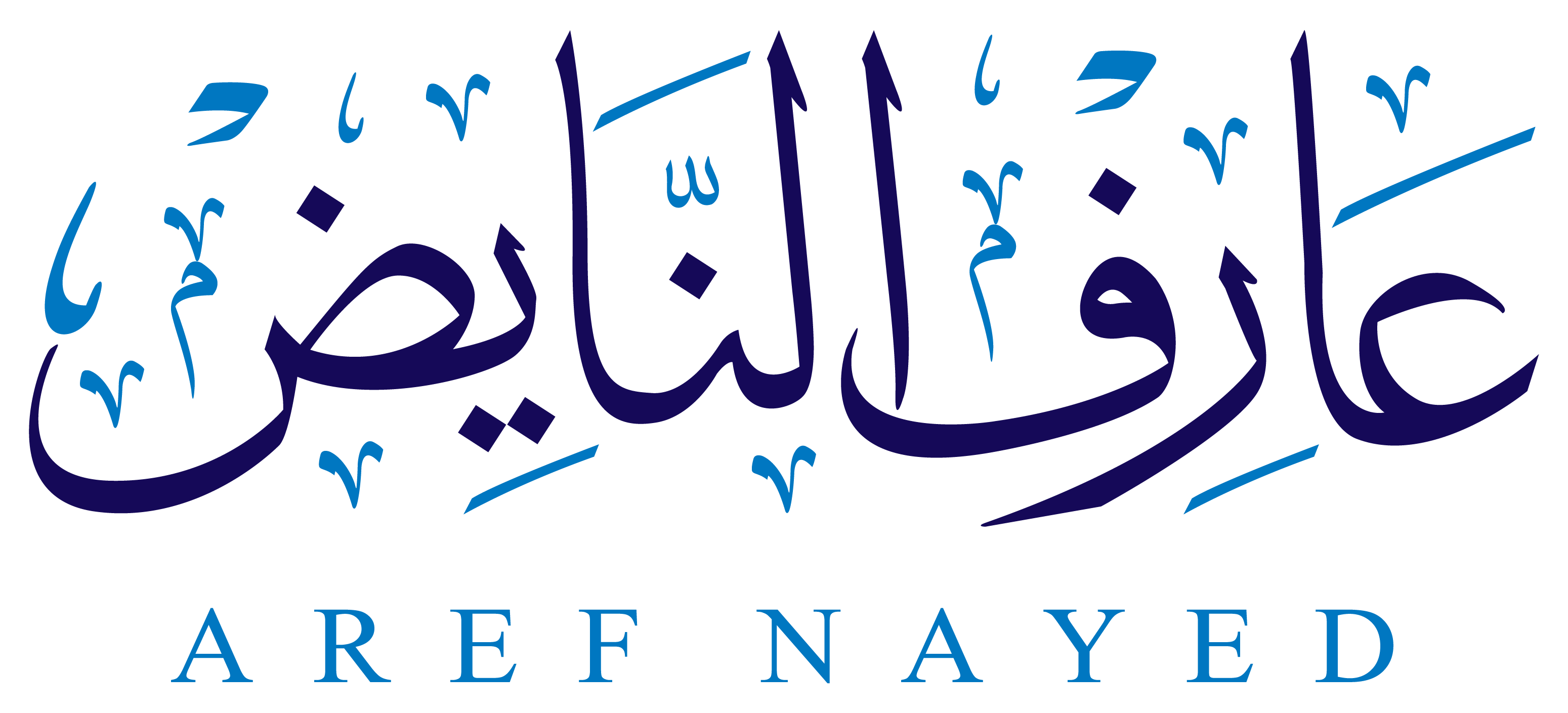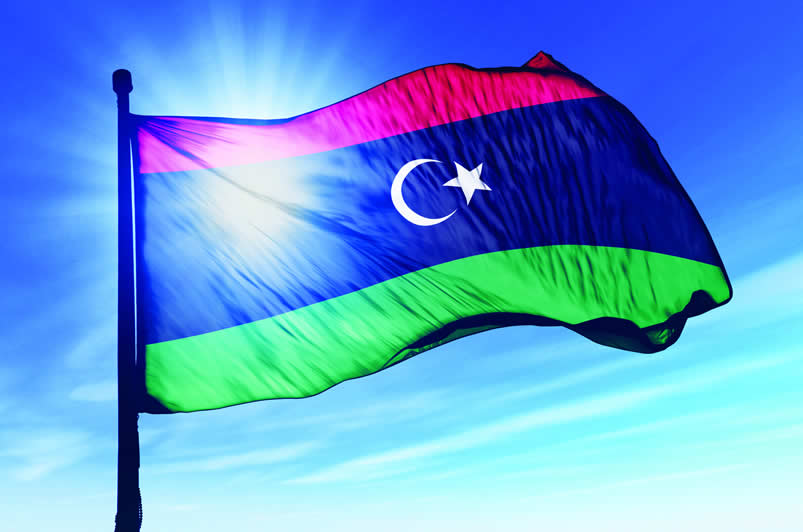In his new whitepaper, Aref Nayed Outlines a Disaster Recovery Plan for Libya. He articulates a clear, decisive action plan for immediate recovery in close partnership with a new ‘Friends of Libya’ consortium consisting of reliable and similarly-minded regional and international allies.
Aref’s Disaster Recovery Plan for Libya calls for the following targeted actions to be pursued immediately:
1.Uphold, and internationally support, the duly elected bodies that exist in Libya today: the House of Representatives (HoR) and its government, the Constitution Drafting Assembly (CDA), and local municipal councils.
2.Protect and secure the HoR, the government, the CDA and local elected leadership to enable them to work without pressure, intimidation and duress.
3.Protect and secure the Supreme Court of Libya and its Constitutional Council, and publish the results of an independent international investigation of its latest important decisions. Judgments made under duress should be declared null and void by the international community.
4.Complete the membership of the HoR through demanding that its few boycotting members re-join it. They must participate from within; by stepping outside and then complaining about ‘lack of inclusivity’ they are in effect excluding all other members. Members who continue to refuse to re-join the HoR must be duly replaced by the runners-up from the same electoral districts.
5.Provide a safe location for HoR to hold its meetings in Tobruk, until it can safely move back to its official seat in Benghazi.
6.Provide urgent technical assistance to the CDA in a safe and supportive environment, in order to expedite the completion of Libya’s Constitution.
7.If the constitutional drafting process takes more than another 90 days to complete, we should return to the original recommendations of the February Commission, and then call a general presidential election. The HoR had unfortunately absorbed the powers of the president, on the assumption that the CDA was to be done with the constitution drafting by December of 2014.
8.Provide urgent technical assistance to the HoR-appointed government and introduce mechanisms for improved governance and transparency.
9.Urgently form an ‘Emergency Economic Board’ that can bring together Libya’s top technocrats in central banking, oil, fuel, humanitarian relief, finance, investment and telecoms, with top-experts from the UN, the EU, the Word Bank and the IMF. The board must be tasked with safeguarding and optimising Libya’s remaining resources in order to protect against the effects of the economic and financial abyss facing Libya, due to the deadly combination of collapsing oil production and pricing.
10.Immediately convene clusters of social fabric and civil society meetings, including municipal, tribal and reconciliation councils, in preparation for convening a pan-Libyan gathering of key leaders at the municipal, tribal and civil society levels. Such social consensus-building is vital for supporting constitutional and democratic processes.
11.Urgently form a National Security Joint-Command Centre that can lead the fight against IS, Ansar-al-Sharia and all their affiliates, allies and backers. This centre must include officers from all of Libya’s key cities, towns and tribes, who are genuinely committed to fighting terrorism in Libya. This council must be vitally linked to regional and international consortia that are now fighting IS and other terrorists in other countries. Such links can be facilitated by placing international expert advisors within the centre.
12.Urgently form a Libyan Rapid Deployment Force (LRDF) that consists of army officers and soldiers from across Libya and provide three bases from which they can operate: in the east, west, and south of Libya. The LRDF must include international expert advisors provided by the UN but ensure that the force remains pan-Libyan in command and orientation. The LDRF must not include any ideologically-motivated elements. Its doctrine must be Libya-focused and must not include any trans-national aspirations.
13.The international community must demand and help to enforce the demilitarisation of Tripoli, enabling the HoR-appointed government to function from the capital. It must also demand and help enforce the demilitarisation of Benghazi, enabling the HoR to function from its official seat.
14.The economic and cultural effort against radicalisation and extremism must be given top priority. We must re-start the Libyan economy, offer Libyan youth a forward-looking and inspiring vision for the country. A truck stuck in sand can only be pulled out from a fixed point at the front, beyond the sand. A forward-looking vision is vital for getting Libya unstuck.

